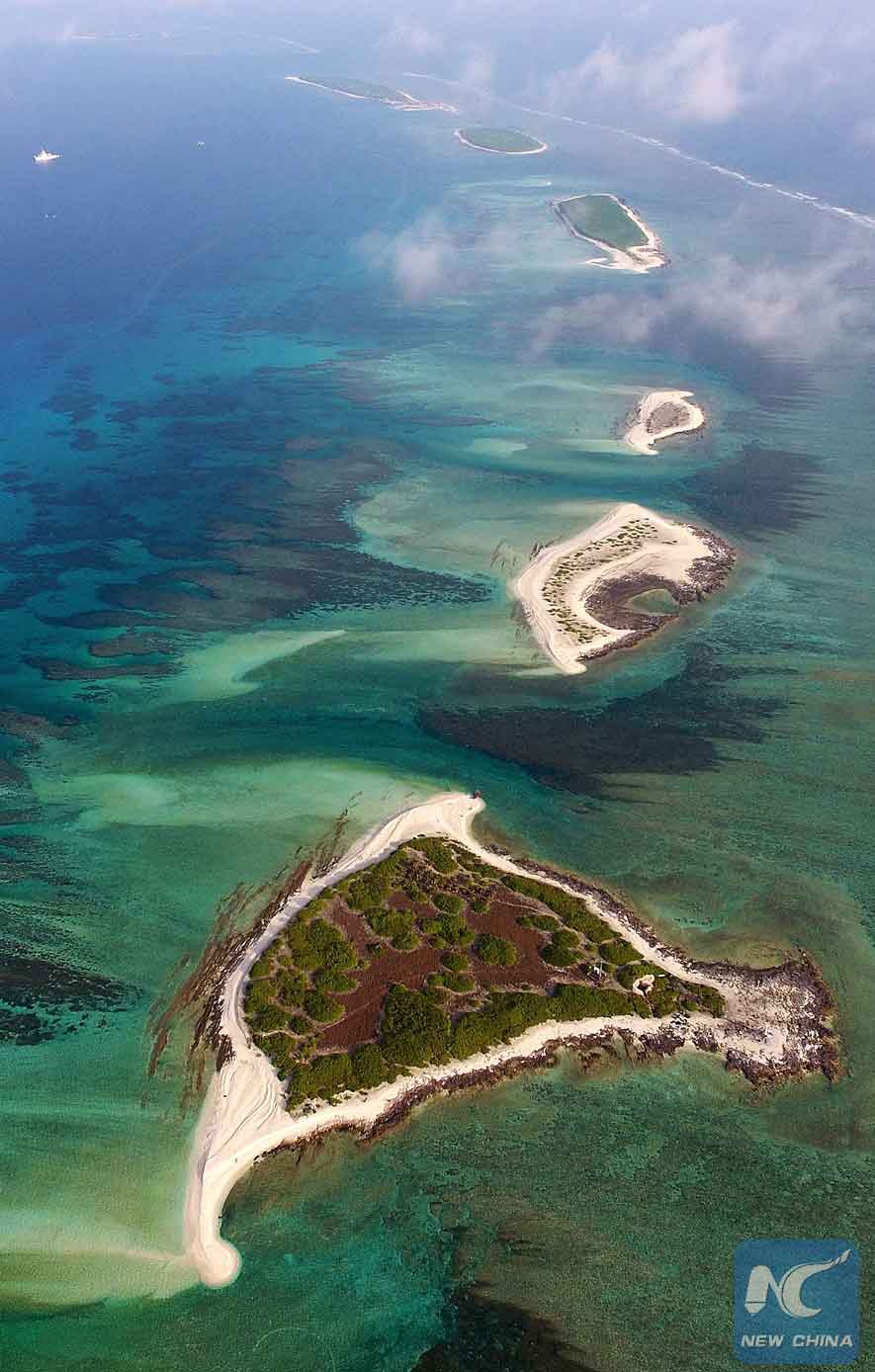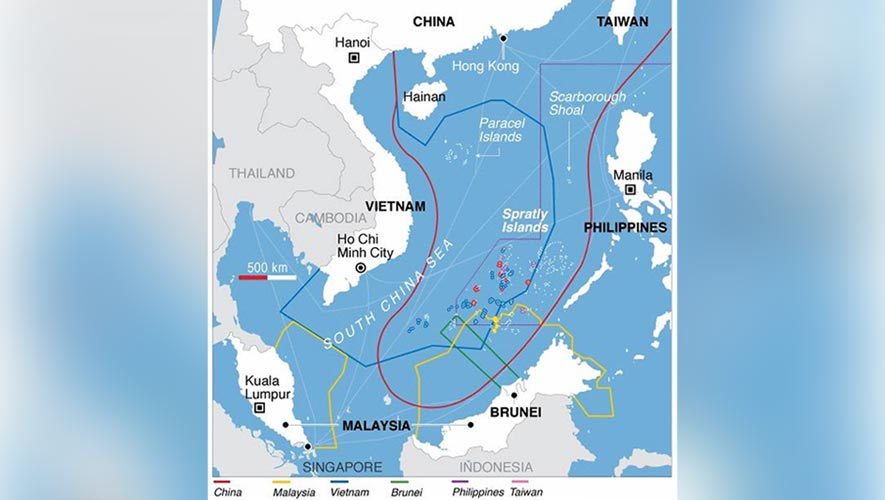
The three David’s have one thing in common, that is they need safe passage in South China Sea. To the US, Japan, and China, the South China Sea continue to be of strategic importance to them to let their little differences stand in the way.
For the latest Cambodian Business news, visit Khmer Times Business
The recent spate of events in South China Sea does not appear to bode well for international politics in the region with China taking an aggressive stance of alienating the two powers from the rights of other countries in the region with their overlapping claims to the sea.
This does not underscore the relative importance of the South China Sea to the three superpowers. Japan, for example, relies on imported oil and gas, mostly from the Middle East for around 85 percent of its domestic energy needs, two-thirds of which are shipped through the contested waters of South China Sea after transiting the Malacca Strait. Ensuring the free flow of seaborne traffic in the region has therefore been the vital economic importance to Japan.
The US has top national interests in the South and East China Seas that it must uphold to maintain the global credibility of its alliance commitments, preserve unimpeded freedom of navigation and overflight for civilian-military assets and maintain sufficient stability to enable constructive relations with China.
The US has not taken a position on claims from the various claimants nor does it have preferred outcomes to the crisis for the various claimants but rather the US strategy is focussed on protecting allies, keeping the sea air space open and creating conditions that are conducive for claimants to manage and peacefully resolve disputes over time.
Trade transiting through the waters
In 2016, that amounted to some three trillion, including more than 30 percent of the global maritime crude oil trade. While Beijing may have ambitious plans in carving out a niche in South China and the region, it would be naïve to think that the two superpowers remain passive observers to Chinese obtrusive behaviour.
Considering the strategic importance of the sea, it is perhaps timely to consider the setting up of an agency similar to that of the Melaka Straits Council in South China Sea which would be jointly managed by Japan, China and the US.
Melaka Straits Council is a body that provides assistance to efforts in boosting navigational safety and environmental protection in the waterways by conducting hydrographic surveys, providing buoy tenders and installing navigational aids. Funding for Melaka Straits Council comes from Nippon organisation, a private organisation in Japan.
Recently, it provided training to Malaysian Maritime Enforcement Agency and in addition, the Japanese Shipowners Association (JSA) has allocated US$9 million over the last 40 years towards maintaining and managing the straits.
With the three superpowers jointly taking charge of South China Sea, it would greatly abate maritime security concerns that are increasing due to the high volume of shipping traffic, protection of exclusive economic zones, piracy and terrorist threats there.
Considering coastal states and international users have many overlapping interests in South China Sea in promoting safe navigation through its busy sea lanes, they can come forth in sharing the burden of maintaining the ocean.
It is also important that the users of this ocean share the burden of ensuring and enhancing safety in the waterways as the cost of introducing new navigational methods would be an enormous burden if left to the three powers alone.
Shipping companies too can come forth to contribute voluntarily to finance the cost of procuring navigational aids and removing shipwrecks in the Straits.
With Japan, China and the US working towards preserving their interest in the waterway, there is little room for contestation in South China Sea as they are out to preserve their collective economic interest.The US, China and Japan are important to Asean just as Asean is important to the them.
The establishment of a council such as the Melaka Maritime Council in South China Sea would go a long way of ensuring prosperity in the region.
Sathish Govind is an ex-analyst in a think tank in Malaysia
Contributing Writer, Capital Cambodia




